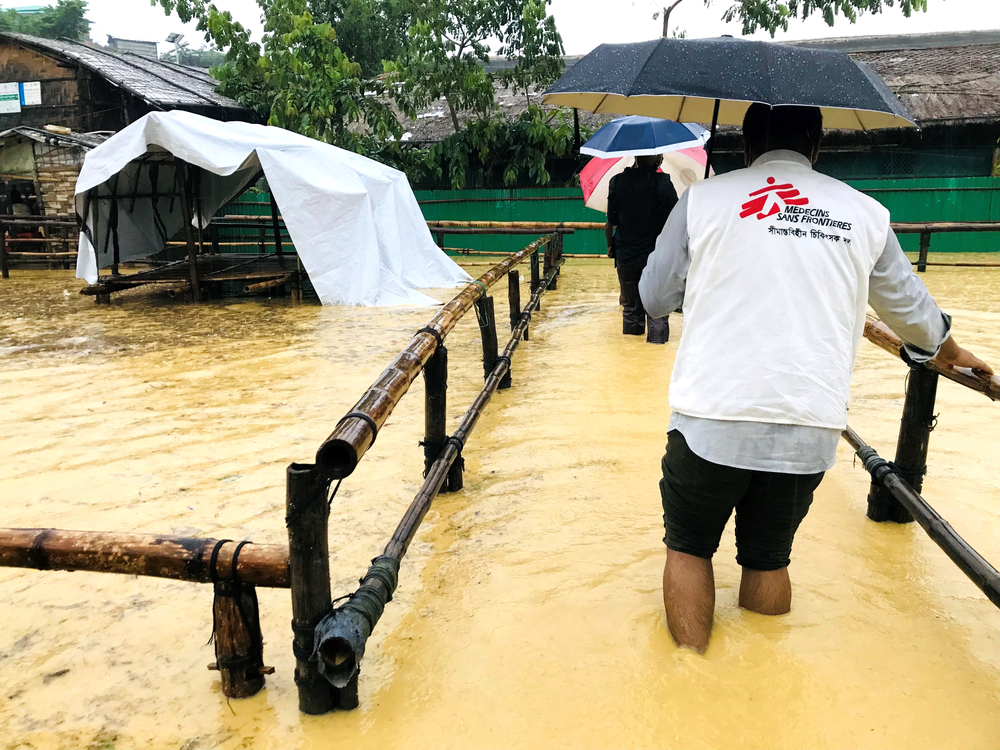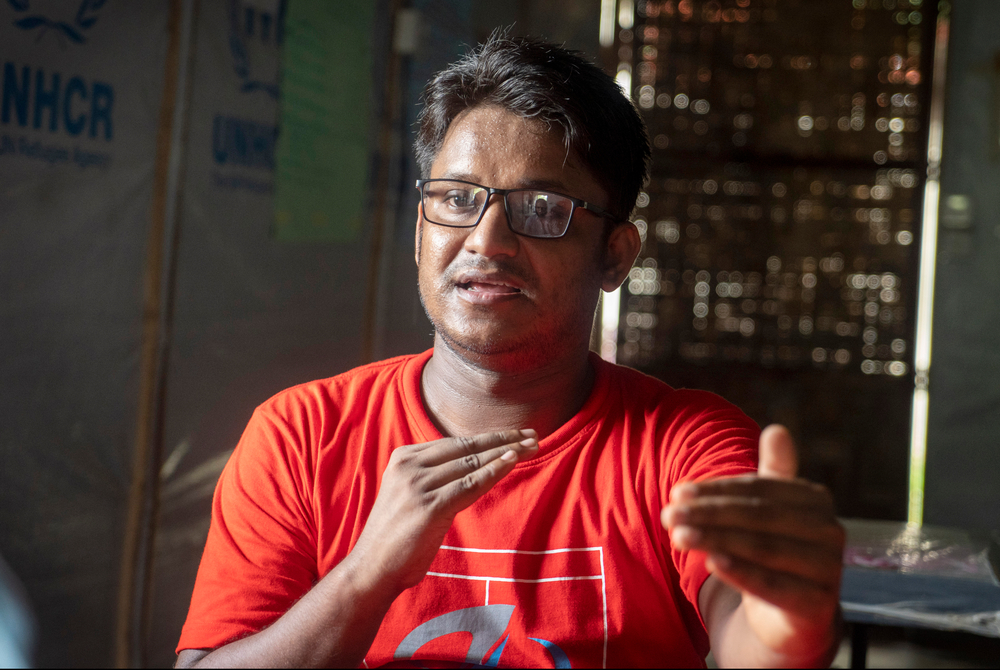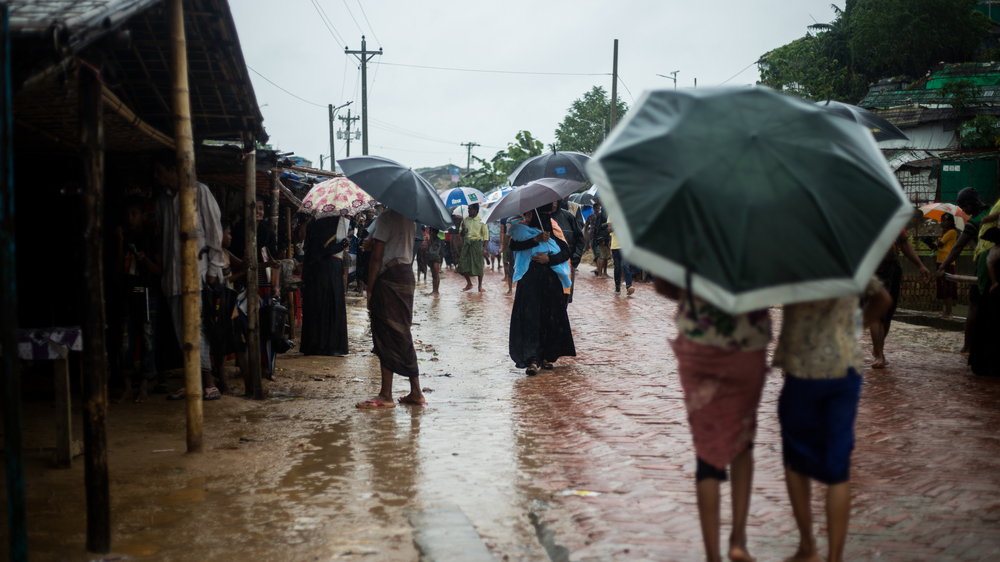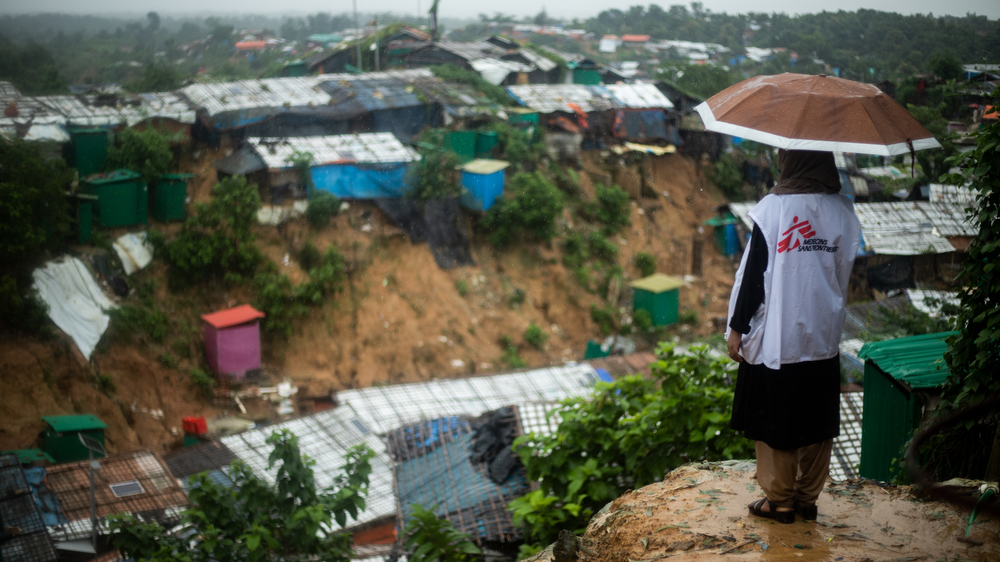Here in the camps, our access to health care is very limited because medical facilities mostly just provide basic care. There is no available attention for more serious cases, while increasing restrictions supposedly linked to COVID-19 make it more and more difficult for us to seek options outside the camps. Patients requiring emergency surgery or advanced medical care sometimes face problems at the camps’ exit controls. It is the same for people suffering chronic diseases or mental health problems; sometimes they are not allowed to leave the camps on time and they miss their appointments or run out of medication.
There are few blood banks in the camps, and a lack of co-ordination between authorities and NGOs sometimes results in lives being lost. Members of the Rohingya Youth Association, which I set up to support my community, try to donate blood whenever it is needed. But that is far from enough. Just recently, we received an alert of a critical patient just 20 minutes before he passed away. We could not save him.
We understand, of course, that COVID-19 poses a serious health concern and, therefore, requires some movement restrictions. But there need to be exceptions, just as there are for citizens outside the camps.
Again, we sometimes feel as if we are not human beings living in dignity. Some families in the camps previously had very small but essential incomes from small businesses. They would perhaps earn between $20-30 per month, but all that is gone due to Covid-19-related restrictions. The restrictions have made people totally dependent on the food provided by humanitarian organisations but which is hardly enough to live on.





